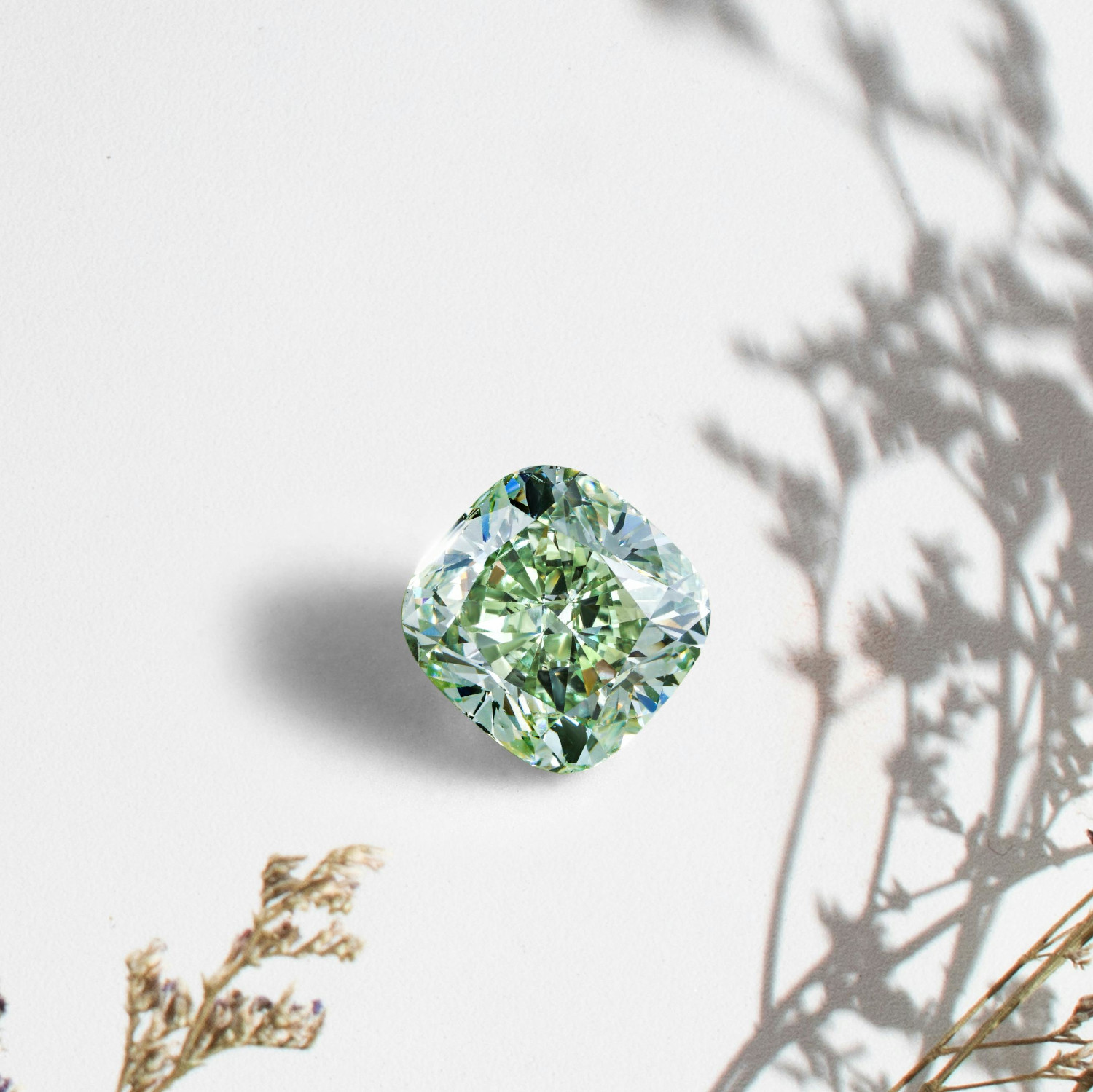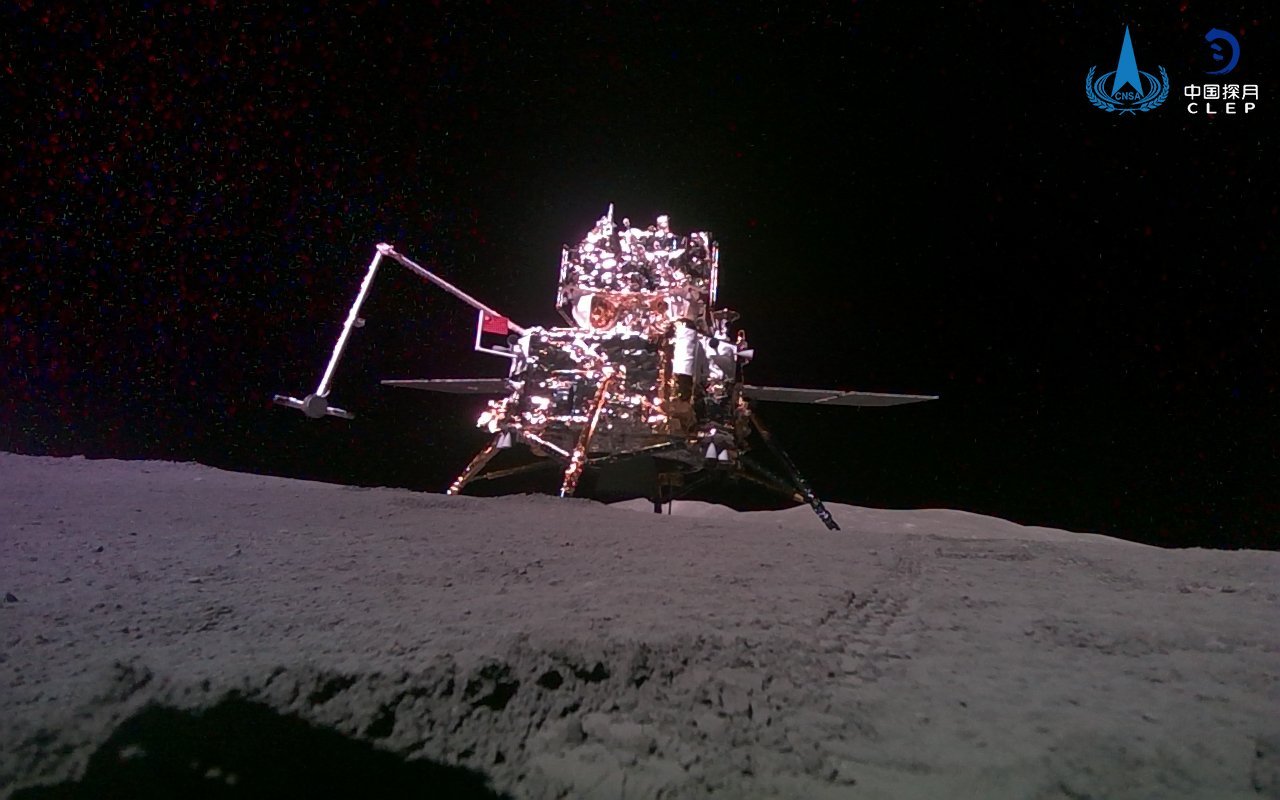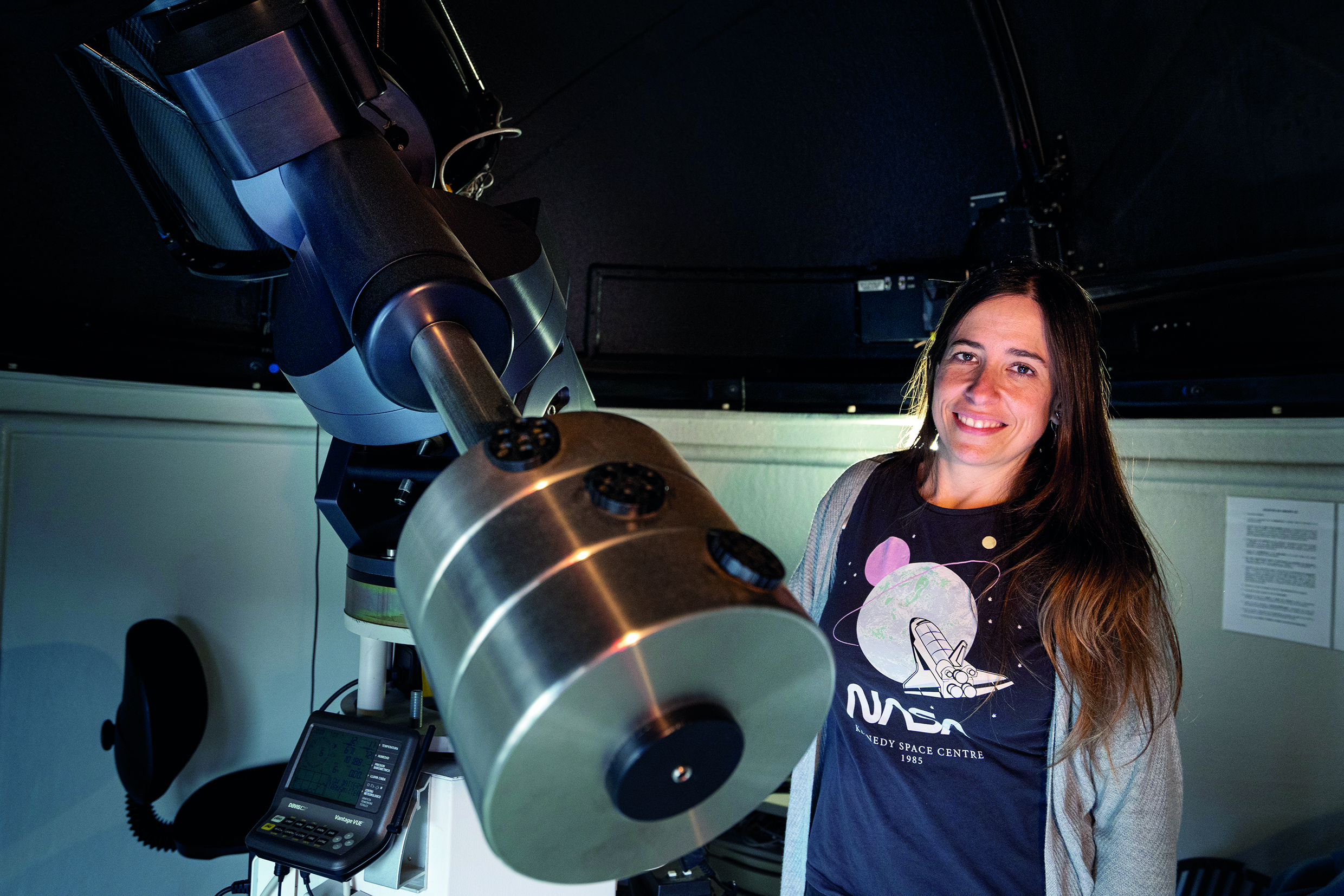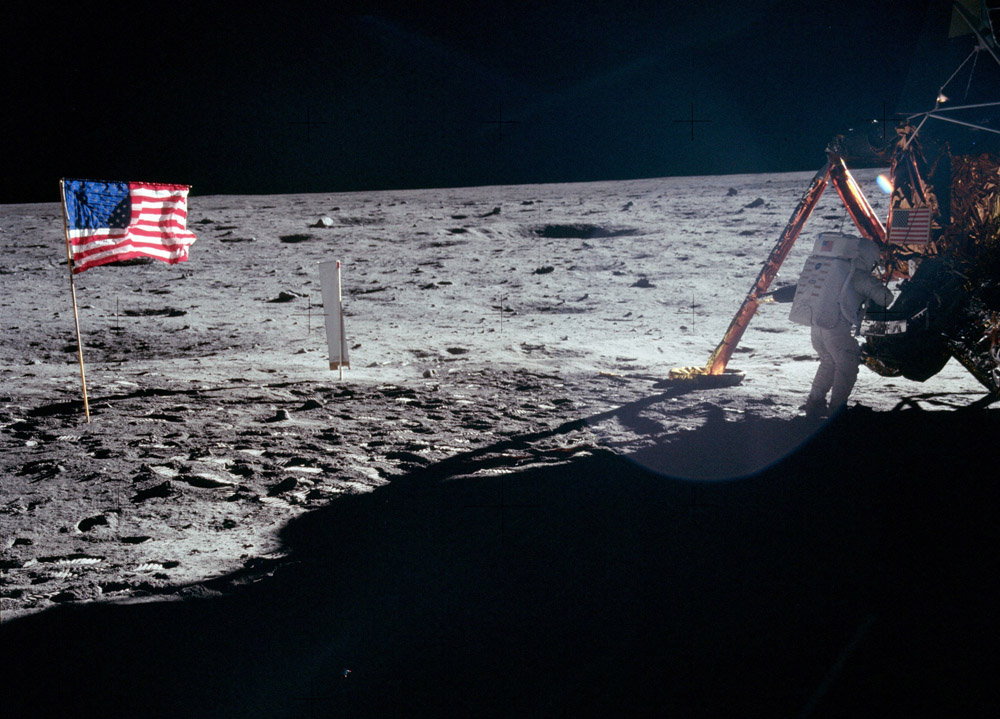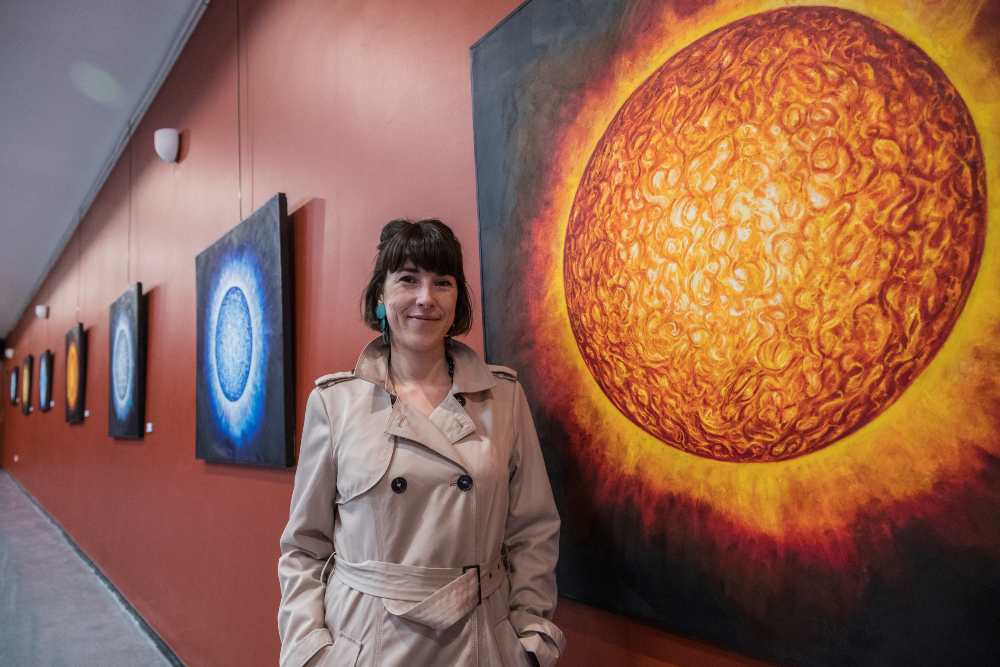Asteroid 2012 DSA 14, example of impossibility
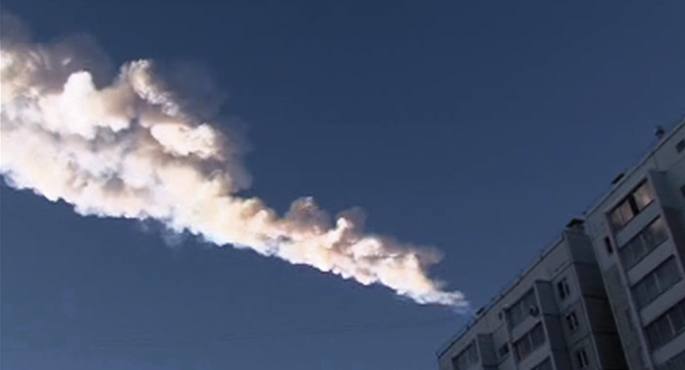
A piece of stone of 45 meters in diameter and 135,000 tons, 2012 DSA 14, passed to 27,680 kilometers from us on February 15; the morning of the same day, in Russian time, came to us a meteorite of about ten tons.
This small meteorite broke over 200,000 square meters of glass in the city of Cheliabinsk, which has a million inhabitants. Broken crystals caused more than a thousand injuries and it is estimated that the losses will be around EUR 25 million. Apparently, and fortunately, the meteorite fell into an icy lake on the Urals Mountains, so it could be much worse. The Russian anti-missile system did not detect the meteorite.
The asteroid that passed through our environment on Friday night was detected by NASA in 2012, but it just did, because with the technology we have in the world, we can't do anything against a big asteroid.
According to some estimates, every 40 years a fairly large asteroid approaches, and every 1,200 years there is a risk of it starting to hit the Earth. 66 million years ago, an asteroid ten kilometers in diameter crashed on the planet, causing dinosaurs to disappear, among other effects. A piece of stone can change our history.
Chão de Lamas-eko zilarrezko objektu sorta 1913an topatu zuten Coimbran (Portugal). Objektu horien artean zeltiar jatorriko zilarrezko bi ilargi zeuden. Bi ilargiak apaingarri hutsak zirela uste izan dute orain arte. Baina, berriki, adituek ilargietan egin zituzten motibo... [+]
James Webb teleskopioaren lehen irudiak eta datuak aurkeztu dituzte: unibertsoari inoiz ateratako argazkirik sakonenak eta exoplaneta baten espektroskopia-datu zehatzenak. “Kosmosaren ikuspegi berri eta iraultzaile bat”, Bill Nelson NASAko administratzailearen... [+]











